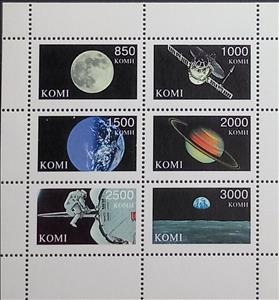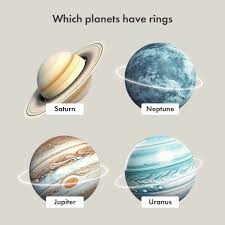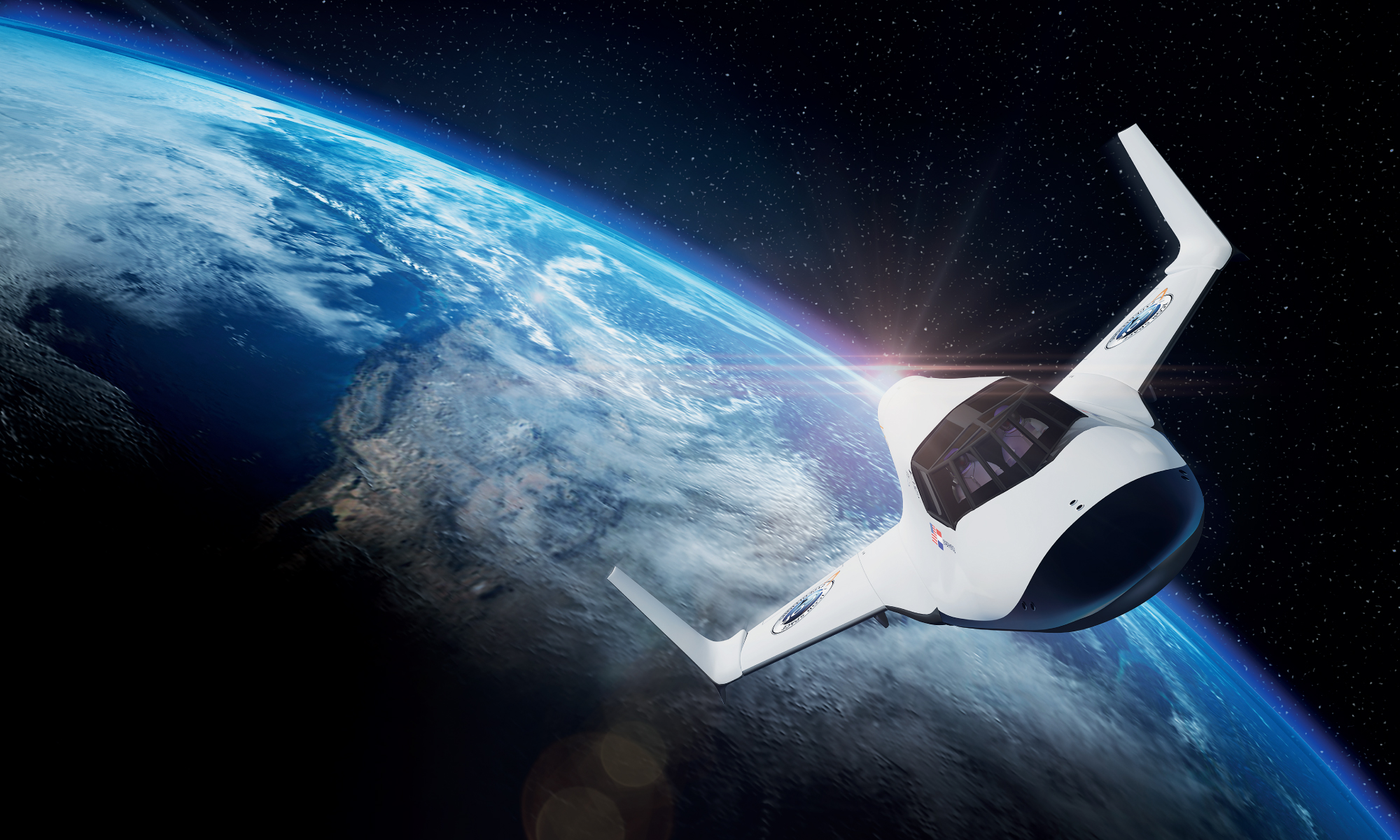Souvenir Sheet: Planets (Cinderellas 2000)
Planets (Cinderellas 2000)
01 January (Cinderellas ) within release Komi, Russia goes into circulation Souvenir Sheet Planets face value 10,850 Russian ruble
| Souvenir Sheet Planets in catalogues | |
|---|---|
| Colnect codes: | Col: KM 2000-03 |
Souvenir Sheet is square format.
Also in the issue Komi, Russia:
- Stamp - Scouting face value 5;
- Stamp - Scouting face value 5;
- Stamp - Scouting face value 5;
- Stamp - Scouting face value 5;
- Stamp - Scouting face value 5;
- Stamp - Scouting face value 5;
- Mini Sheet - Scouting face value 12*5;
- Stamp - Scouting face value 5;
- Stamp - Scouting face value 5;
- Stamp - Scouting face value 5;
- Stamp - Scouting face value 5;
- Stamp - Scouting face value 5;
- Stamp - Scouting face value 5;
- Stamp - Mineral face value 5;
- Stamp - Mineral face value 5;
- Stamp - Mineral face value 5;
- Stamp - Mineral face value 5;
- Stamp - Mineral face value 5;
- Se-tenant - Minerals face value 7*5;
- Stamp - Mineral face value 5;
- Stamp - Mineral face value 5;
- Souvenir Sheet - Planets face value 10,850;
- Stamp - 2 Pac face value 5;
- Stamp - Lauryn Hill face value 5;
- Stamp - Lauryn Hill face value 5;
- Stamp - 2 Pac face value 5;
- Stamp - 2 Pac face value 5;
- Mini Sheet - 2 PAC and Lauryn Hill face value 6*5;
- Stamp - Lauryn Hill face value 5;
|
Data entry completed
46%
|
|
|---|---|
| Souvenir Sheet Planets in digits | |
| Country: | Cinderellas |
| Date: | 2000-01-01 |
| Emission: | Cinderella |
| Format: | Souvenir Sheet |
| Face Value: | 10,850 Russian ruble |
Souvenir Sheet Planets it reflects the thematic directions:
An astronaut (from the Ancient Greek ἄστρον (astron), meaning 'star', and ναύτης (nautes), meaning 'sailor') is a person trained, equipped, and deployed by a human spaceflight program to serve as a commander or crew member aboard a spacecraft. Although generally reserved for professional space travelers, the term is sometimes applied to anyone who travels into space, including scientists, politicians, journalists, and tourists
Outer space (or simply space) is the expanse that exists beyond Earth's atmosphere and between celestial bodies. It contains ultra-low levels of particle densities, constituting a near-perfect vacuum of predominantly hydrogen and helium plasma, permeated by electromagnetic radiation, cosmic rays, neutrinos, magnetic fields and dust. The baseline temperature of outer space, as set by the background radiation from the Big Bang, is 2.7 kelvins (−270 °C; −455 °F)
A planet is a large, rounded astronomical body that is generally required to be in orbit around a star, stellar remnant, or brown dwarf, and is not one itself. The Solar System has eight planets by the most restrictive definition of the term: the terrestrial planets Mercury, Venus, Earth, and Mars, and the giant planets Jupiter, Saturn, Uranus, and Neptune. The best available theory of planet formation is the nebular hypothesis, which posits that an interstellar cloud collapses out of a nebula to create a young protostar orbited by a protoplanetary disk. Planets grow in this disk by the gradual accumulation of material driven by gravity, a process called accretion.
A satellite or artificial satellite is an object, typically a spacecraft, placed into orbit around a celestial body. They have a variety of uses, including communication relay, weather forecasting, navigation (GPS), broadcasting, scientific research, and Earth observation. Additional military uses are reconnaissance, early warning, signals intelligence and, potentially, weapon delivery. Other satellites include the final rocket stages that place satellites in orbit and formerly useful satellites that later become defunct.





